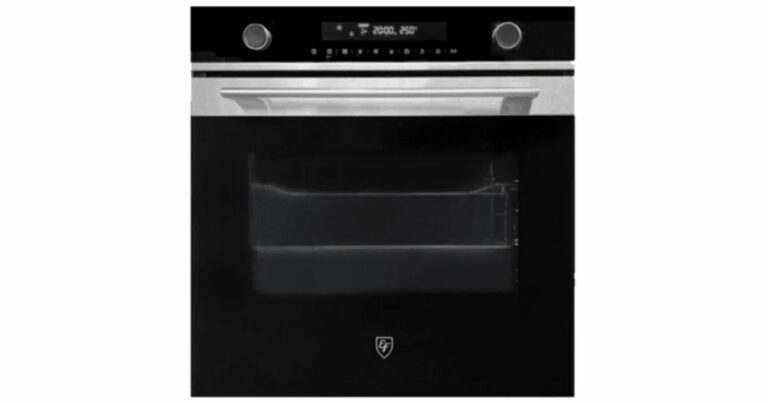What Does Apostille Mean and Why Is It Important in North Carolina?
An apostille is a special certification that authenticates the origin of a public document for use in foreign countries that are members of the Hague Apostille Convention. In North Carolina, apostille services are essential for individuals and businesses needing to validate documents abroad. This certification verifies the authenticity of signatures, seals, and stamps on official papers issued or notarized in North Carolina, allowing foreign governments to accept these documents without further legalization. Apostille North Carolina NC The apostille process simplifies international document recognition, supporting activities such as business transactions, legal proceedings, education, and personal matters across borders.
Which Documents Require Apostille Services in North Carolina?
Several types of documents commonly require apostille certification in North Carolina depending on their intended international use. These include:
-Birth certificates, marriage certificates, divorce decrees, and death certificates issued by North Carolina Vital Records
-Notarized affidavits, powers of attorney, contracts, and sworn statements notarized by North Carolina notaries public
-Court documents such as judgments, certifications, and orders issued by North Carolina courts
-Educational diplomas, transcripts, and certifications issued by schools and universities in North Carolina
-Business documents including articles of incorporation, corporate resolutions, and licenses issued by North Carolina state agencies
It is crucial that documents are either notarized by a North Carolina commissioned notary or are official certified copies issued by the state government to qualify for apostille services.
How Does the Apostille Process Work in North Carolina?
The apostille process in North Carolina involves several key steps. First, documents must be properly notarized by a notary public commissioned in North Carolina or must be official certified copies from relevant government offices. Once notarized or certified, the documents are submitted to the North Carolina Secretary of State’s office, the designated authority responsible for issuing apostilles. The Secretary of State verifies the authenticity of the notary’s signature and seal or the government certification, then attaches the apostille certificate to the document. This certificate confirms the document’s validity under international standards accepted by other Hague Convention member countries.
What Is the Difference Between Apostille and Authentication in North Carolina?
Understanding the difference between apostille and authentication is important when preparing documents for international use from North Carolina. Apostilles are a simplified form of certification used exclusively for countries that are members of the Hague Apostille Convention. North Carolina issues apostilles for documents destined for these countries. Authentication, by contrast, is a more complex process required for countries not part of the Hague Convention. Authentication often involves additional steps, such as certification by the U.S. Department of State and legalization by the foreign embassy or consulate. Knowing the correct process prevents delays and ensures compliance.
Why Are North Carolina Notaries Public Essential for Apostille Services?
Notaries public commissioned in North Carolina are critical to the apostille process because their notarization serves as the foundational authentication required by the Secretary of State’s office. Documents notarized by individuals not commissioned in North Carolina will not be accepted for apostille certification. This underscores the importance of using a properly commissioned North Carolina notary to ensure your documents qualify for apostille processing.
How Long Does It Take to Obtain an Apostille in North Carolina?
Processing times for apostille services in North Carolina typically range from a few business days up to two weeks, depending on the volume of requests and whether expedited services are requested. Standard processing generally takes about five to ten business days. Many applicants choose to use professional apostille service providers who can streamline the process, including notarization, submission, and tracking, saving valuable time and avoiding mistakes.
What Are the Fees Associated with Apostille Services in North Carolina?
Several fees may be involved in obtaining an apostille in North Carolina. The North Carolina Secretary of State charges a set fee for each apostille certificate issued. Additional costs may include notary fees if documents require notarization prior to submission, as well as shipping or courier fees for mailing documents. When using professional apostille service providers, additional handling fees may apply. It is important to understand the full fee structure upfront to budget accordingly.
Can Mobile Notaries Assist with Apostille Services in North Carolina?
Mobile notaries provide convenience for individuals and businesses in North Carolina who cannot visit a notary’s office in person. Since notarization by a North Carolina-commissioned notary is required before obtaining an apostille, mobile notaries are valuable in facilitating the first step. Many apostille service providers also offer combined mobile notary and apostille services, traveling to clients’ homes or workplaces to notarize documents and then managing the apostille process on their behalf. This full-service approach simplifies the procedure and reduces stress for clients.
What Are Common Mistakes to Avoid When Applying for Apostille in North Carolina?
Common mistakes that can delay or prevent successful apostille certification include submitting incomplete or unsigned documents, using a notary not commissioned in North Carolina, sending documents to the wrong government office, or misunderstanding the legalization requirements of the destination country. Additionally, attempting to apostille documents that are ineligible or only for domestic use can cause complications. Careful preparation and consultation with apostille professionals help avoid these issues.
When Is Apostille Not Required for North Carolina Documents?
An apostille is unnecessary when documents are intended solely for use within the United States. Moreover, if the foreign country is not a member of the Hague Apostille Convention, documents must undergo a different legalization process called authentication. It is essential to verify the recipient country’s requirements before proceeding with apostille services to avoid unnecessary delays and costs.
Why Should You Use a Professional Apostille Service Provider in North Carolina?
Using a professional apostille service provider in North Carolina offers several advantages. Experienced providers understand the state’s apostille procedures and requirements, ensuring documents are properly notarized, prepared, and submitted. They can help navigate complex rules, track the status of applications, and provide faster turnaround times through expedited services. For individuals and businesses unfamiliar with the process, professional assistance reduces the risk of errors, saves time, and provides peace of mind.
Conclusion: How to Obtain Apostille Services in North Carolina with Confidence
Obtaining an apostille in North Carolina is essential for those who need their official documents recognized internationally by Hague Convention countries. Whether for personal, educational, business, or legal purposes, an apostille certifies that your documents are authentic and ready for foreign use. The process requires notarization by a North Carolina notary public or certified government copies, followed by submission to the Secretary of State’s office. Avoiding common pitfalls and considering professional apostille service providers can help ensure your documents are properly processed, saving time and avoiding unnecessary stress. With the right approach, obtaining apostille services in North Carolina is a straightforward step toward successful international document legalization.







